“In almost every profession - whether it's law or journalism, finance or medicine or academia or running a small business - people rely on confidential communications to do their jobs. We count on the space of trust that confidentiality provides. When someone breaches that trust, we are all worse off for it.”
The concept of confidentiality runs deep in the legal profession. All lawyers have an ethical duty of confidentiality. The ABA lists confidentiality as a heightened ethical concern when operating a virtual law office. While it may be a valid concern, there are many ways for virtual firms to protect the information of their clients. The ABA’s Model Rule 1.6 governs such disclosure.
Comment [2] to the rule speaks of confidentiality as “a fundamental principle in the client- lawyer relationship is that, in the absence of the client's informed consent, the lawyer must not reveal information relating to the representation.” According to the rule, while the lawyer must not reveal such information, the lawyer may reveal information if “client gives informed consent, the disclosure is impliedly authorized in order to carry out the representation or the disclosure is permitted by paragraph (b).” Additionally, a “lawyer shall make reasonable efforts to prevent the inadvertent or unauthorized disclosure of, or unauthorized access to, information relating to the representation of a client.”
In a virtual practice setting, precautions to protect client information include, but are not limited to, a safeguarded Wi-Fi network, firewalls, VPNs, and other secured technologies. In operating in the digital world, it’s important to recognize that cyberattacks against law firms have become increasingly common over the past several years. Law Technology Today suggests taking the following steps for to ensure remote security:
- Invest in Infrastructure
- Use Cloud-Based Systems Wherever Possible
- Change Passwords Regularly
- Stay Current with Software Updates
- Secure All Devices
FirmVO takes the guesswork out of protecting your clients’ information. We provide state of the art technology, secure Wi-Fi networks, a cloud-based mailing system, and more. Even with utilizing our services, it’s essential to be proactive in maintaining your duty of confidentiality.
This article is one from our Ethics in Virtual Law Firm series. The series addresses common ethical concerns and how firms can avoid violations. Topics include: avoiding the appearance of a partnership, competence, communication with clients, confidentiality, and more.





